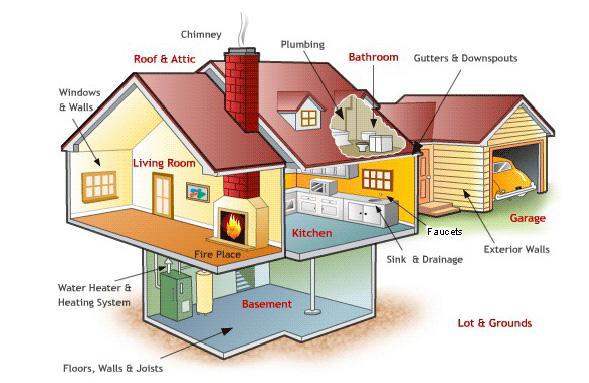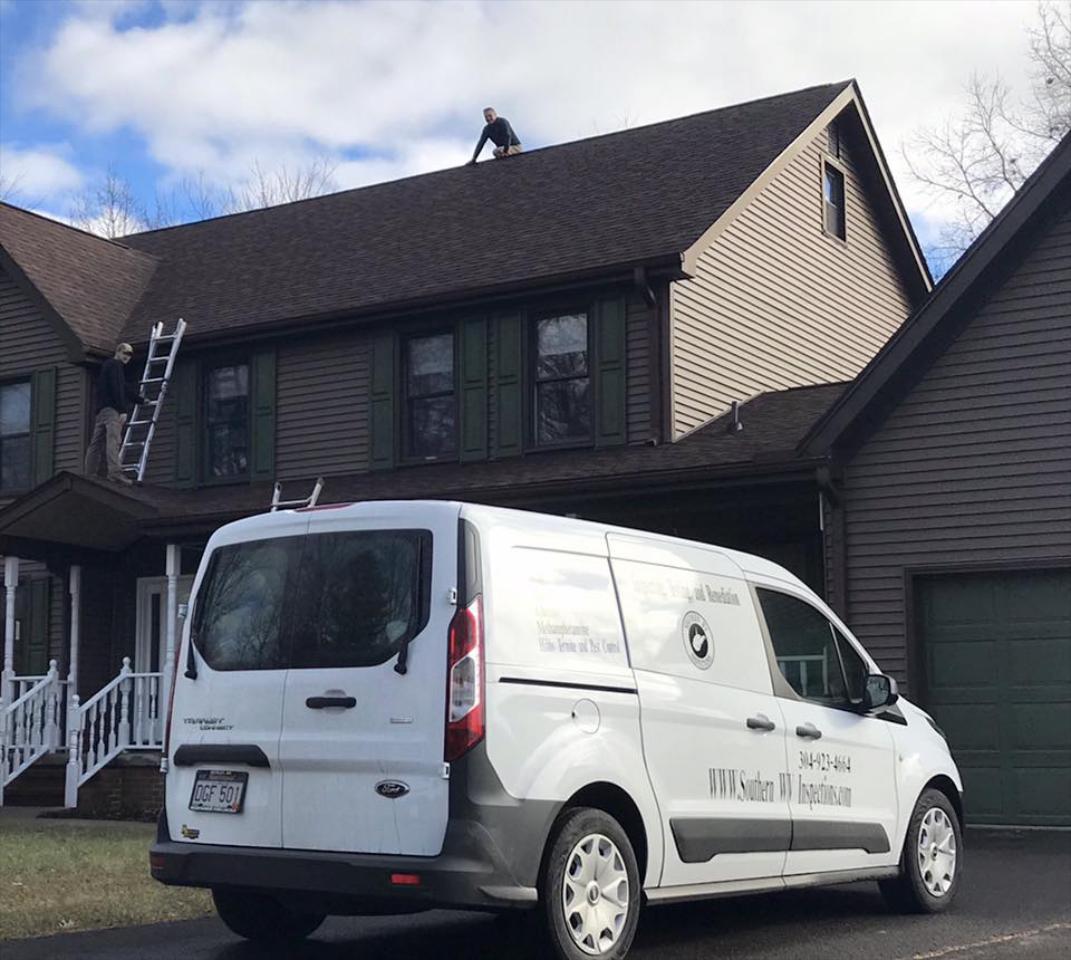Home Inspections

Anyone can inspect a house, but not just anyone can do it well. Would you trust your home to someone who doesn’t have the experience and training to identify defects and potential hazards in your new home? As professional home inspectors, we have the knowledge and expertise to provide you with a thorough and professional, non-intrusive, visual inspection of your home, from roof to foundation.
We will check your roof, attic, crawl space/basement.
We check for structural damage, electrical problems, plumbing leaks, moisture, mold, termites, insects, and other pests.
We will also check up on any other concerns you may have.
The following are examples of areas that get inspected:
- Grounds: Driveway, Sidewalks, Retaining Walls, Patios, Decks, Porches.
- Exterior: Steps, Walls, Trim, Eaves, Fascia, Soffits, Chimneys, Faucets, Gutters, Downspouts.
- Foundation: Grading, Crawlspace, Ventilation, Floor Construction.
- Roof: Type, Materials, Condition, Vents, Flashing.
- Plumbing: Main Line, Supply Lines, Waste Lines, Fuel Systems, Water Heaters.
- HVAC: Description, Condition, Venting, Combustion Air, Burners, Distribution, Normal Controls, Air Filters, Heat Pumps or A/C units.
- Electrical: Incoming Service, Main and Sub Panels, Wiring, Ground-Fault Circuit Interrupter (GFCI).
- Interior: Doors, Windows, Walls, Ceilings, Floors, Fireplaces, Ceiling Fans, Smoke Detectors, Attic, Ventilation.
- Garage: Floor, Firewall, Ventilation, Entry and Exit Doors, Garage Openers.
- Kitchen: Sinks, Lights, Range/Cooktop, Refrigerator, Dishwasher.
- Bathrooms: Toilets, Sinks, Ventilation, Bathtubs, Showers, Wall Tiles.
What Really Matters in a Home Inspection?

The issues that really matter will fall into four categories:
- Major Defects: An example of this would be a structural failure
- Problems that can lead to Major Defects: for example, a small roof-flashing leak
- Problems that may hinder your ability to finance, legally occupy, or insure the home
- Safety Hazards, such as an exposed, live buss bar at the electric panel
Problems in these areas should be addressed. In many cases, a serious problem can be corrected inexpensively. Most sellers are honest and are often surprised to learn of defects uncovered during an inspection. Realize that sellers are under no obligation to repair everything mentioned in the report. No home is perfect. Keep things in perspective. Do not kill your deal over things that do not matter. It is inappropriate to demand that a seller address deferred maintenance, conditions already listed on the seller's disclosure, or nit-picky items.
Our 132+ point inspection will be emailed to you the same day as the inspection using simple, easy to understand terms.
